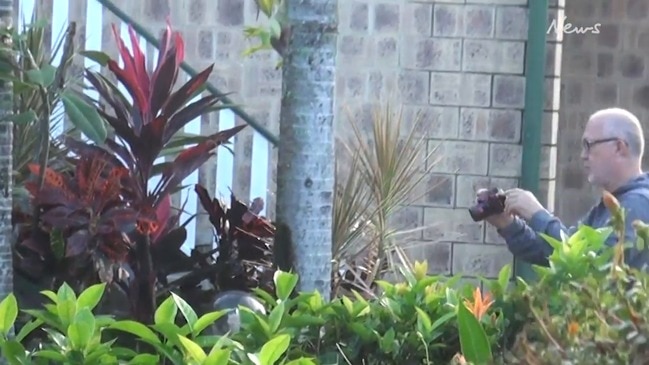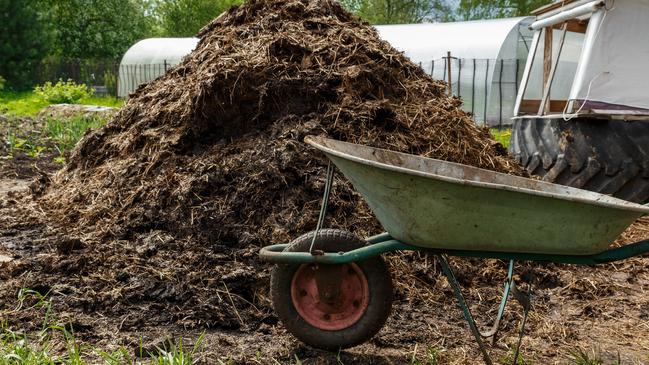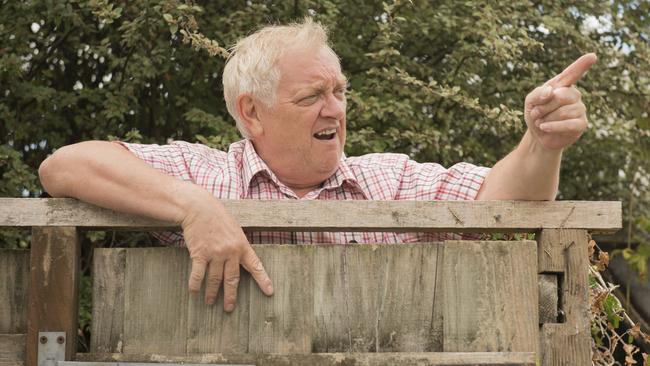Sisters in Law: NSW couple furious over neighbour’s vile act
A NSW woman was shocked to discover what her neighbour had done while she was on holiday - and it cost her hours to fix up.

Welcome to Sisters In Law, news.com.au’s weekly column solving all of your legal problems. This week, our resident lawyers and real-life sisters Alison and Jillian Barrett from Maurice Blackburn advise what homeowners can do about a troublesome neighbour.
Question:
My husband and I moved into our new home around a year ago, and we’ve never had problems with our neighbour – we even bought each other little gifts at Christmas.
But we just got back from five weeks overseas to find they had dumped bucketloads of dirt, rocks and rubbish over our lawn while we were gone, which took hours to clean up and has likely killed the grass.
They said they did it because some soil from our yard had gone into their property under the fence, but didn’t apologise, and seemed to blame us entirely.
It has cost us time and money to fix, and even worse, now we’re concerned about what they might do next. What can we do to stop things getting worse and protect our property? – Ashley, NSW

Answer:
Neighbours: we all have them and they are often the people with whom we have the most disputes, whether it’s about noise, a fence, or in your case, something from one property going into another.
You have done the right thing by approaching your neighbour because any dispute is always best resolved when you can speak with them about it civilly.
It’s not clear if all the dirt and rocks they put into your property while you were on holidays was actually from your garden.
If so, then it may have created a nuisance for them, and they might be entitled to place it back on your property in a neat and considerate manner.
Nuisance is a legal term where there may be an interference with the enjoyment of land which is substantial and unreasonable.

For example, if soil and rocks from your property had moved into your neighbour’s yard due to storm water or a failed retaining wall, and had spread all over their yard making their entertaining area unusable until it was cleaned, then it was likely a nuisance.
You should look into what may have caused the issue, for example your water run-off or retaining walls. You might need to consult an expert for this.
Explain to your neighbours that you’re having an expert look at the issue so it doesn’t happen again, but that if it does, they should contact you in the first instance.
Tell them that if you are away and cannot be contacted, that you’d appreciate if they didn’t put the soil on your lawn where it could damage the grass, and direct them to an alternative location, such as a path or other surface that can be more easily cleaned.

A neighbour can generally only enter your property if you have given them permission or they have a right of access (such as an easement).
If you have allowed them onto your property previously and haven’t complained, then a court may consider that you have given permission. You can withdraw permission whenever you like.
If your neighbour (or anyone else) trespasses on your property then you can ask them to leave and if they refuse, you can call the police.
If all the soil and rocks can’t possibly have come exclusively from your garden, then your neighbour may have caused a nuisance for you.
If your lawn has died then you may be able to be reimbursed for replacing that small section.
Don’t engage in any payback responses, like dumping the soil and rocks back onto their property, as this is likely to fuel the dispute.

It’s not clear if your neighbour owns their home or is renting.
If they are renting and the face-to-face chat doesn’t get you anywhere then you can make a complaint about the soil and rocks being dumped on your property to their landlord or agent.
Depending on the outcome of the above you may wish to speak with the NSW Civil and Administrative Tribunal as they deal with many neighbour disputes.
This legal information is general in nature and should not be regarded as specific legal advice or relied upon. Persons requiring particular legal advice should consult a solicitor.
Get more from Alison and Jillian on their Facebook page


